LONDON, UK: One in three adults in the UK are estimated to have a persistent fear of going to the dentist. The fact that the phobia can lead to more active caries and missing teeth has recently been confirmed by researchers at King’s College London Dental Institute. The findings were based on their analysis of data on thousands of Brits from the 2009 Adult Dental Health Survey with the aim of exploring common oral health conditions of those with dental phobia.
According to the study, people with dental phobia are more likely to have one or more decayed teeth, as well as missing teeth, in comparison with non-phobic people, as they avoid seeing a dentist on a regular basis to have potentially chronic, but preventable, oral conditions treated.
Most adults with dental phobia also preferred an immediate solution, such as extraction, instead of undergoing a long-term care plan, the paper also showed.
In addition to oral health, related quality of life was also poor among those with dental phobia, the researchers further noted, with a large majority showing a high impact on their physiological, psychological, social and emotional well-being, even when levels of dental disease were controlled.
“Other research has shown that individuals with dental phobia express negative feelings such as sadness, tiredness, discouragement and general anxiety, less vitality and more exhaustion,” explained King’s Dr Ellie Heidari, lead author of the study. “Embarrassment at their poor teeth will prevent them from smiling and showing their teeth.”
By providing phobic patients with a detailed at-home oral health care plan, dental practitioners could help reduce acute conditions with preventative care, the researchers recommended. A preventative programme for those with dental phobia, focusing on what can be done to help them avoid acute conditions, is being developed at the institute, they said.
The study, titled “The oral health of individuals with dental phobia: A multivariate analysis of the Adult Dental Health Survey, 2009”, is to be published in the second April issue of the British Dental Journal. It was conducted among 10,900 participants, of whom just over 1,300 were considered to be dentally phobic.
MANCHESTER – About 3.7 million British citizens have no natural teeth and many of them wear dentures and consequently have difficulty chewing and ...
Today, millions of disadvantaged children worldwide suffer from untreated dental diseases and tooth decay. For most of them, there is no possibility of ...
ABERDEEN, Scotland: Head and neck cancer is a highly debilitating disease that has profound consequences for oral function, nutrition, communication and ...
At ResMed, we are excited to announce the addition of five new design variations to Narval CC, our mandibular repositioning device. When we developed the ...
DUBLIN, Ireland: An unregulated use of fortified high-sugar food supplements is causing untold damage to the oral health of thousands of nursing home ...
SHEFFIELD, UK: In Western countries like the UK, between 10 and 20 per cent of adolescents undergo orthodontic measures in some form. A recent meta-analysis...
LONDON, UK: Though the exact number of people who suffer from xerostomia is unclear, some studies estimate that as many as one in five of the population ...
Dr Dympna Kavanagh is chief dental officer in Ireland’s Department of Health and chair of the Platform for Better Oral Health in Europe. A specialist in ...
MANCHESTER, UK: According to figures from the Faculty of Dental Surgery of the Royal College of Surgeons of England, four in five children under 2 years of ...
LONDON, UK: During pregnancy, women are at a higher risk for dental disease owing to hormonal changes. Moreover, it has been found that maternal oral health...
Live webinar
Tue. 24 February 2026
6:00 pm UTC (London)
Prof. Dr. Markus B. Hürzeler
Live webinar
Tue. 24 February 2026
8:00 pm UTC (London)
Prof. Dr. Marcel A. Wainwright DDS, PhD
Live webinar
Wed. 25 February 2026
4:00 pm UTC (London)
Prof. Dr. Daniel Edelhoff
Live webinar
Wed. 25 February 2026
6:00 pm UTC (London)
Live webinar
Thu. 26 February 2026
1:00 am UTC (London)
Live webinar
Tue. 3 March 2026
4:00 pm UTC (London)
Dr. Omar Lugo Cirujano Maxilofacial
Live webinar
Wed. 4 March 2026
1:00 am UTC (London)
Dr. Vasiliki Maseli DDS, MS, EdM



 Austria / Österreich
Austria / Österreich
 Bosnia and Herzegovina / Босна и Херцеговина
Bosnia and Herzegovina / Босна и Херцеговина
 Bulgaria / България
Bulgaria / България
 Croatia / Hrvatska
Croatia / Hrvatska
 Czech Republic & Slovakia / Česká republika & Slovensko
Czech Republic & Slovakia / Česká republika & Slovensko
 France / France
France / France
 Germany / Deutschland
Germany / Deutschland
 Greece / ΕΛΛΑΔΑ
Greece / ΕΛΛΑΔΑ
 Hungary / Hungary
Hungary / Hungary
 Italy / Italia
Italy / Italia
 Netherlands / Nederland
Netherlands / Nederland
 Nordic / Nordic
Nordic / Nordic
 Poland / Polska
Poland / Polska
 Portugal / Portugal
Portugal / Portugal
 Romania & Moldova / România & Moldova
Romania & Moldova / România & Moldova
 Slovenia / Slovenija
Slovenia / Slovenija
 Serbia & Montenegro / Србија и Црна Гора
Serbia & Montenegro / Србија и Црна Гора
 Spain / España
Spain / España
 Switzerland / Schweiz
Switzerland / Schweiz
 Turkey / Türkiye
Turkey / Türkiye
 UK & Ireland / UK & Ireland
UK & Ireland / UK & Ireland
 International / International
International / International
 Brazil / Brasil
Brazil / Brasil
 Canada / Canada
Canada / Canada
 Latin America / Latinoamérica
Latin America / Latinoamérica
 USA / USA
USA / USA
 China / 中国
China / 中国
 India / भारत गणराज्य
India / भारत गणराज्य
 Pakistan / Pākistān
Pakistan / Pākistān
 Vietnam / Việt Nam
Vietnam / Việt Nam
 ASEAN / ASEAN
ASEAN / ASEAN
 Israel / מְדִינַת יִשְׂרָאֵל
Israel / מְדִינַת יִשְׂרָאֵל
 Algeria, Morocco & Tunisia / الجزائر والمغرب وتونس
Algeria, Morocco & Tunisia / الجزائر والمغرب وتونس
 Middle East / Middle East
Middle East / Middle East



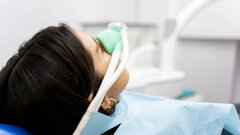



























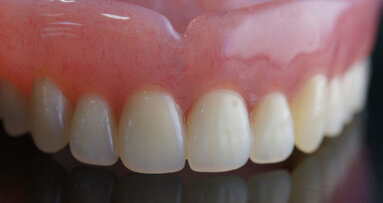
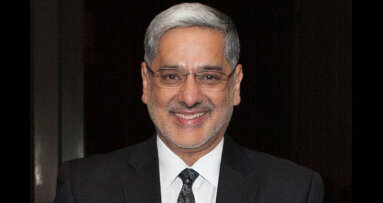

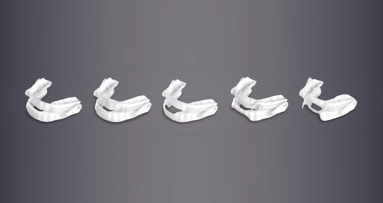




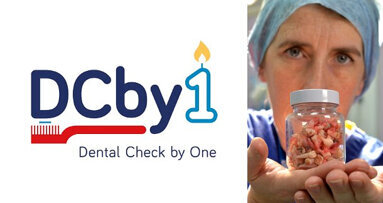










To post a reply please login or register